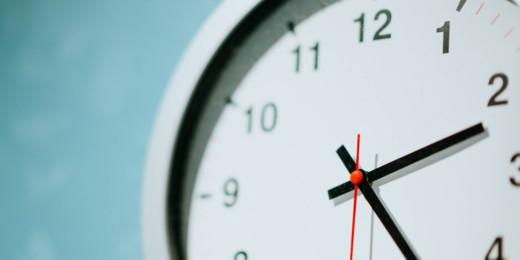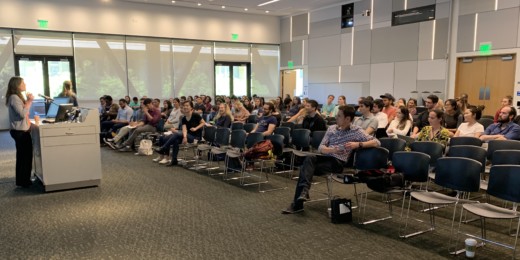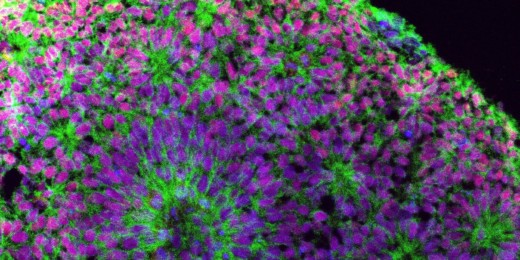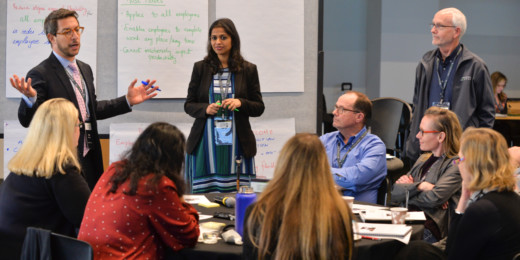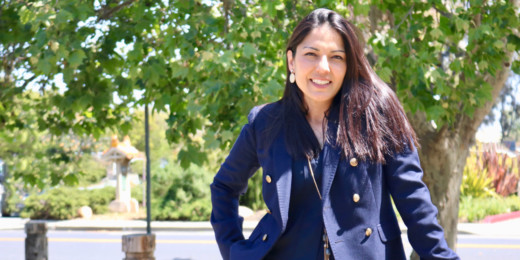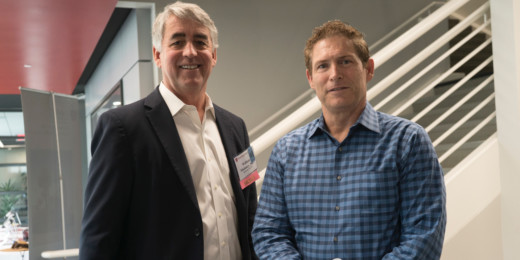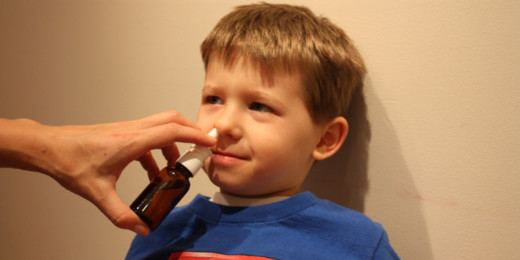In this 1:2:1 podcast, Greg Albers, director of the Stanford Stroke Center, joins host Paul Costello in conversation about the latest in stroke research.
Month: May 2019
How to have a meaningful career in science
At the 4th annual "Let's Have an Awesome Time Doing Science" symposium, Stanford scientists shared their lessons for a fulfilling career in science.
Common brain injury in premature babies may be tied to specific cells
Using a lab model, Stanford researchers identified a type of developing brain cell that is profoundly changed by exposure to low oxygen levels.
Is the health care system ready for climate change?
Stanford medical student Dan Bernstein challenges health care professionals to take steps to mitigate and respond to climate change.
Stanford Biodesign tackles gender diversity in health technology innovation
While promoting diversity within its programs, Stanford Biodesign is also working to foster gender diversity in the medtech industry.
Reservoir bugs: How one bacterial menace makes its home in the human stomach
Helicobacter pylori, a potentially nasty bacteria, somehow lives in one of every two human stomachs -- no mean feat. Here's how the bug pulls it off.
In the Spotlight: “I’m learning every single day”
This In the Spotlight Q&A features Andrea Kossler, a Stanford oculoplastic surgeon who enjoys learning new skills and has two young daughters.
Taking Depression Seriously: What is it?
This is the first in a series called Taking Depression Seriously, which aims to explain the disease and offer tips for navigating the health care system.
Concussion summit focuses on science behind brain injury
The Stanford Sports Concussion Summit was held on campus recently to discuss advances in the diagnosis and treatment for mild traumatic brain injury.
Hormone may improve social behavior in autism
Giving an inhaled hormone to children with autism for four weeks improves their social behavior, a new study by Stanford researchers indicates.
Matching dreams of a career in medicine with reality
In this Stanford Medicine Unplugged post, fourth-year medical student Nathaniel Fleming discusses transitioning between learning and practicing medicine.


